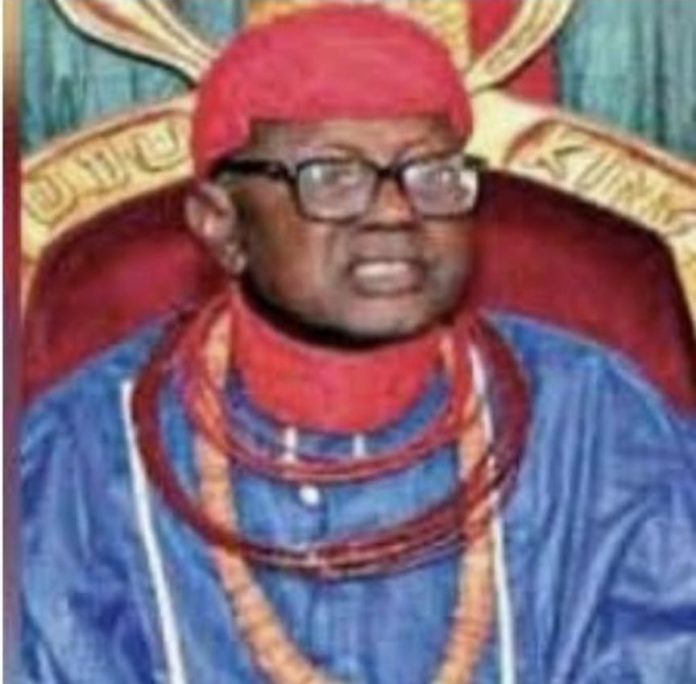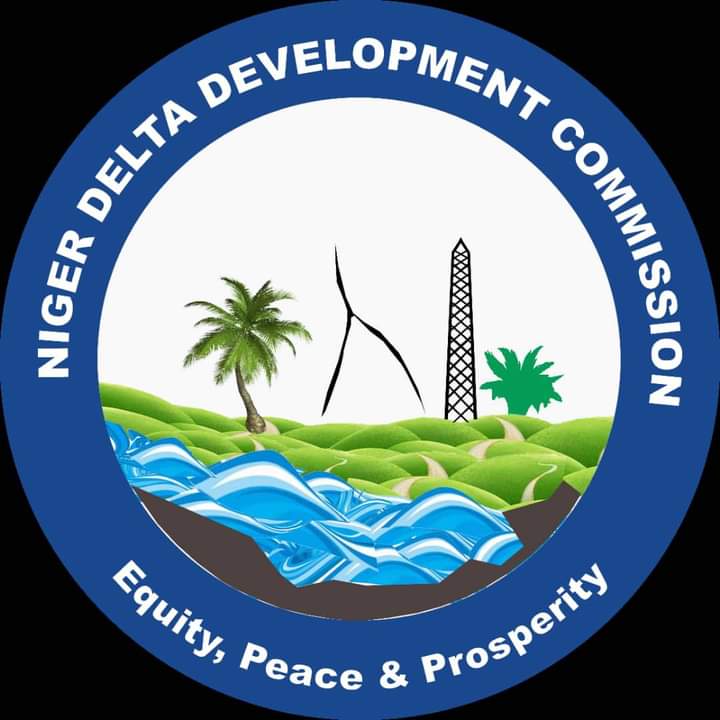By Atuyota Amronagbona
The elite theory is a widely discussed subject in the fields of philosophy, political science and sociology. This theory is hinged on the major premise that *”no societies are governed by the people, by a majority..”* According to Burnharm, *”all societies, including organisations called democratic, are ruled by a minority”*
This is true of all societies or even mass organisations. In all social groupings, a group of people usually planning and networking, holds the power and exercises it on behalf of the people. The commonest dictionary definition of the elite is that of *”a select group that is superior in terms of ability or qualities to the rest of a group or society.”*
The elite are usually people who are institutionally positioned through the economic, educational, political or traditional levers of society and their modus operandi is enlightened self-interest. Enlightened self interest is a philosophy in ethics states that a group of people who actys to further the interest of society to which they belong ultimately serves their own interests. Simply put the elite only can only do well by doing good. In revolutionary theory, this group is called a vanguard, hence the saying that *”every revolution must have a Vanguard.”* Without a Vanguard revolution seldom occurs and runs amoc when they do. Without an elite or a group of organised people with superior abilities or qualities to lead the way, society will become rudderless and eventually descend into anarchy. Hence the elite ar very important to society and must serve the best interests of society.
*THE ROLE OF THE ELITE IN SOCIETY*
The role of the elite in democratic societies or vanguards in revolutionary theory is to harness, collate and articulate the diverse and often variegated interest and energy of the non elite, called the masses into a coherent whole and channels the same towards the common good of society. This is the unwritten law from which the elite draws its legitimacy. The more the elite actions and inactions reflect the will and aspirations of the people, the more the people look up to them for leadership, the more successful and longer they reign and the more they are able to mobilise the people for collective action. Wherever the elite fails in these duties, due to internal contradictions or an emergence of a cabal within its fold, society descend into anarchy and from the arches of that anarchy rises another elite/vanguard. Fredrik Engel’s and Karl Marx’s dialectical materialism comes to mind. Even the mellowed Emil Durkheim had this to say about societies that lack the discipline to aggregate the common will of the people: *”For if society lacks the unity that derives from the fact that the relationships between its parts are exactly regulated, that unity resulting from the harmonious articulation of its various functions assured by effective discipline and if, in addition, society lacks the unity based upon the commitment of men’s wills to a common objective, then it is no more than a pile of sand that the least jolt or the slightest puff will suffice to scatter.”*
*THE ELITE IN UDU HISTORY.*
The first known group of elite in Udu post-colonial morden history where known as the *Big Six* namely; Chief W. T. Odibo, Chief T. J. Sokoh, Chief M. V. Optutu, Chief Jefia Notoma and Chief “Ologbode” Onohere. These group of Udu greats midwifed morden Udu. They facilitated the building of the Udu bridge and road, created a Kingdom, and gave the Udu people a local government of their own. The Big Six which was an exclusive elite group was the precursor of the then Udu Executives and the then Udu Development Union which later changed name to the Union of Udu Communities, UUC. The earlier Udu elite comprising the Big Six were the most successful in Udu history. They laid the foundation of growth upon which Udu stands today. Their reign under the later iconic leadership of the late Chief W. T. Odibo was long and progressive because it mirrored and actualised the collective will of the people. When the Udu people yearned for a king to bring them at par with our other Urhobo neighbours, they sat down and drafted the 1979 Edict which created the kingdom and worked assiduously to get a king installed. They were able to mobilise public action towards the building of the Udu bridge and many others. Their legitimacy was derived from their selfless and public spirited actions and Udu had the best under their reign.
*THE CABAL*
In societies marching towards atrophy, a cabal more often than not, arises within the elite and grabs hold of power. A cabal in political parlance is a group of people who grab power or operate within a power block to further their own selfish interest or agenda. Their intents are usually surreptitiously insidious and their operational method is underscored by secrecy, intrigue, blackmail, intimidation, Machiavellian authoritarianism, dictatorship and unbridled pride often lacking in knowledge. They can make puppets of Kings and Presidents. Only societies heading towards disintegration or dislocation allows cabals to operate without hindrance.
*THE 2023 UUC CONGRESS DEBACLE*
The 2023 UUC Congress has come and gone but its debilitating effects remain and are threatening to tear our beloved kingdom apart. Reports reaching us indicate that it is the worst Udu Conference ever in terms of preparation, organisation or even attendance. The question now is what should the Udu elite because of their vantage position do in resolving the lingering conflict from the Congress before it develops into a full crisis? My simple answer is that it should immediately step into the matter. It should do what is right by looking at the justice of the matter for it it only in justice that truth can be found. The Udu elite should do well by doing good and should not be afraid of doing so. It should protect its own interest by promoting the general interest of the Udu people.
*Atuyota Amronagbona* writes from the port city of Southampton in Hampshire, England.













